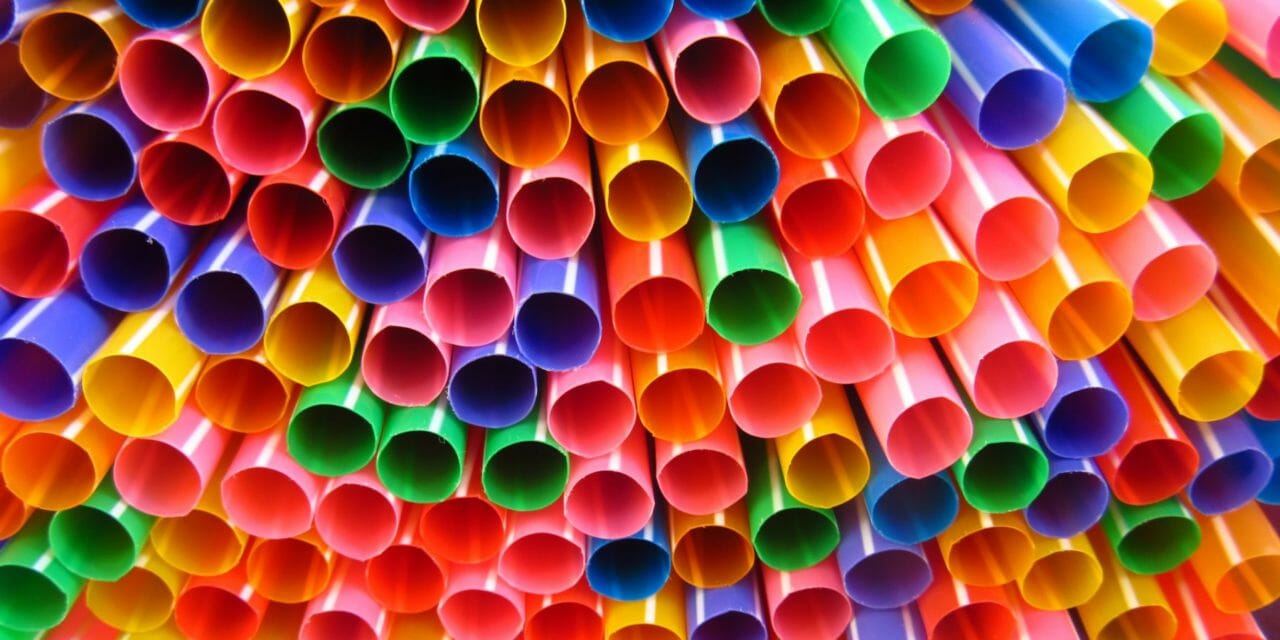CATHEDRAL CITY —The popular device — a plastic straw — once used to savor a creamy chocolate milkshake or quench a parched thirst with an ice-cold Diet Coke could become extinct in Cathedral City.
The five-member City Council is poised to a study a ban on straws on Wednesday, Aug. 8 at 4:30 p.m. during Study Session. Public comments will be limited to 3 minutes per person. Normally, no action is taken on Study Session items; however, the City Council reserves the right to give specific policy direction and take specific action as necessary.
Mayor Pro Tem Greg Pettis asked for the item to ban straws on the Study Session. It is a likely item to be discussed in this progressive Coachella Valley community.
The City Council will have at its disposal ordinances from other cities that have banned plastic straws, plastic cutlery and plastic stirrers. Some California cities that have banned straws and other items include San Luis Obispo, Malibu, Santa Cruz, and Ojai. The city of Santa Barbara will be considering this in September.
The city of Seattle banned plastic straws and utensils. Starbucks will stop offering straws by 2020. American Airlines and Alaska Airlines have eliminated them from its flights. SeaWorld will remove straws and bags from its parks, and Marriott Hotels and Royal Caribbean will eliminate them from hotels and cruise ships. Even quarterback Tom Brady announced on his Instagram page that “I’m out on single-use plastic straws.”
In 2015, environmentalists began to turn on the favorite drinking device children use to blow bubbles in their drink. The straw fell out of favor after a disturbing video made by a Texas A&M scientist of a marine biologist extracting a crusty straw from the nostril of a live sea turtle. More than 30 million YouTube views later, the video has helped drive a global movement to limit or ban straws through campaigns like the Last Plastic Straw, Strawfree.org, Strawwars.org, Be Straw Free, and television actor Adrian Grenier’s campaign For a Strawless Ocean.
Americans use millions of straws every day, for about 20 minutes each on average, and then toss them out, according to a report in Newsday. Those straws break down gradually into tiny microparticles and become an unappetizing contaminant in every food chain.
This is especially true on beaches and in the oceans, where plastic waste is accumulating so quickly that by 2050 it may, according to a study by the Ellen MacArthur Foundation, exceed the weight of all the fish in the seas. Studies show that up to 70 percent of seabirds have ingested plastics and the likelihood of a turtle ingesting plastic has increased significantly over the past couple of decades.







